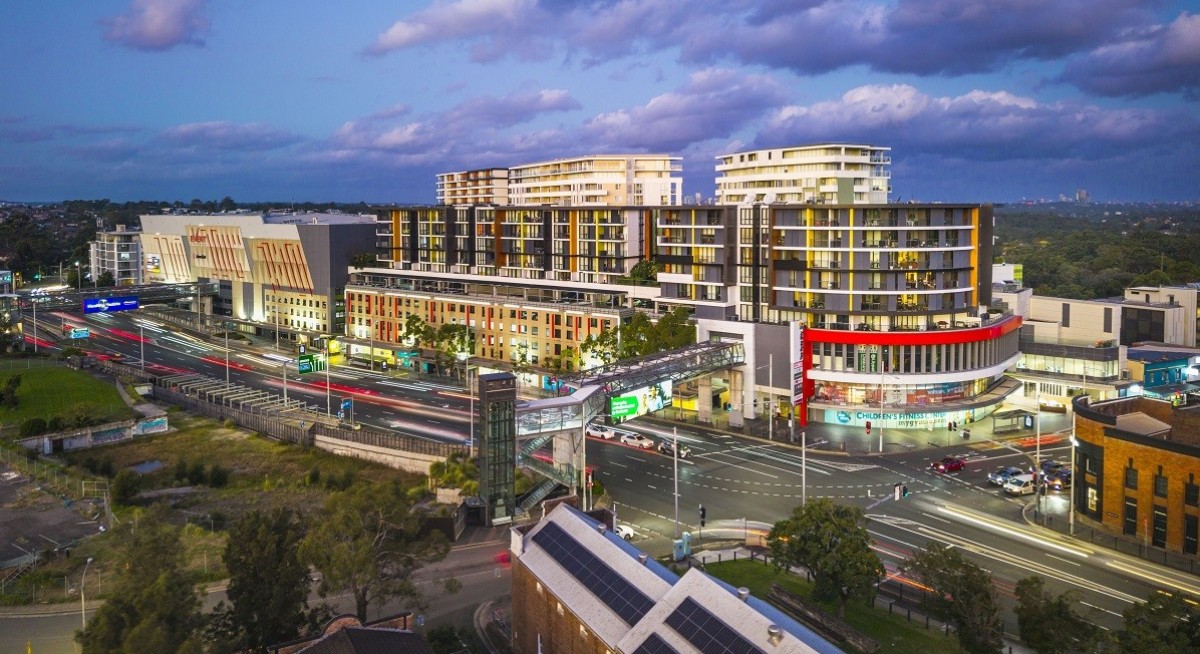The freehold Top Ryde City Shopping Centre, described as a "regional mall", has a lettable area of 77,054 sqm and is anchored by major non-discretionary tenants such as ALDI, Coles, Woolworths, and Kmart, which contribute to 77% of the gross rental income. Other notable tenants include Australia Post, Priceline Pharmacy, KFC, Subway and Westpac.
It has a committed occupancy rate of 96% and a long weighted average lease expiry of 4.2 years, which means it offers defensive characteristics and stable income generation.
According to Koh, regional malls in Australia enjoy the lowest vacancy rates among retail formats at 2.1% in 2024.
With the acquisition, Keppel RET's largely office portfolio will grow to $9.8 billion in value, with retail assets making up 4.2% of the portfolio.
See also: PhillipCapital, UOB Kay Hian raise respective target prices for BRC Asia following 1QFY2026 earnings
Koh notes that this acquisition is accretive to the REIT's distribution per unit, with an expected initial property yield of 6.7% and a pro forma adjusted DPU accretion of 1.34% for 2024.
Following the deal, slated for completion in 1QFY2026, the REIT's aggregate leverage is expected to remain stable at 41.6%.
According to Koh, the Top Ryde City Shopping Centre benefits from population growth in its surrounding region, where the City of Ryde's population increased by 16.2% between 2015 and 2024, outpacing 8.8% for the rest of New South Wales.
See also: Citi ups target prices on all three banks; prefers Singapore banks over SGX for EQDP play
Koh says that within a 3km catchment area, average household income is A$128,164, versus A$95,175 for the rest of New South Wales.
"This demographic trend supports long-term consumption growth. The mall is well-positioned to capture increasing footfall and tenant demand as retail space per capita is projected to decline amid rising population," says Koh.
Keppel REIT will fund 60% of the deal via a private placement priced at 98.3 cents per unit and the issuance of subordinated perpetual securities.
The remaining 40% will be financed using Australian dollar-denominated loans at a cost of low- to mid-4%, which serve as a natural hedge against currency fluctuations.
"This balanced funding structure supports financial flexibility while mitigating forex risks associated with cross-border investments," says Koh.
"The expansion and diversification into retail assets is much welcome as they are defensive, resilient and provide more attractive NPI yield.
KREIT intends to remain Singapore-centric and office-focused," adds Koh, noting that the REIT will cap the exposure to retail assets at 20% of portfolio valuation.
At current levels, Keppel REIT trades at an attractive valuation based on a distribution yield 5.7% and P/NAV 0.85x.
Keppel REIT units traded at $1.01 ahead of the lunch break, unchanged for the day but up 16.09% year to date.




